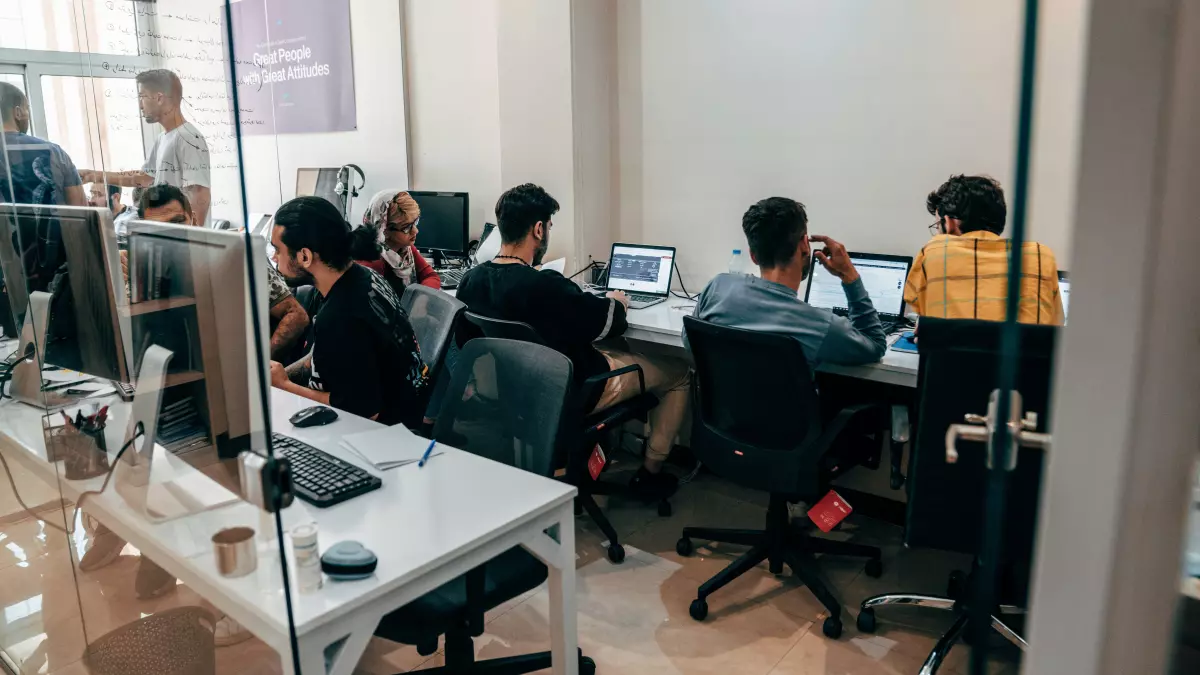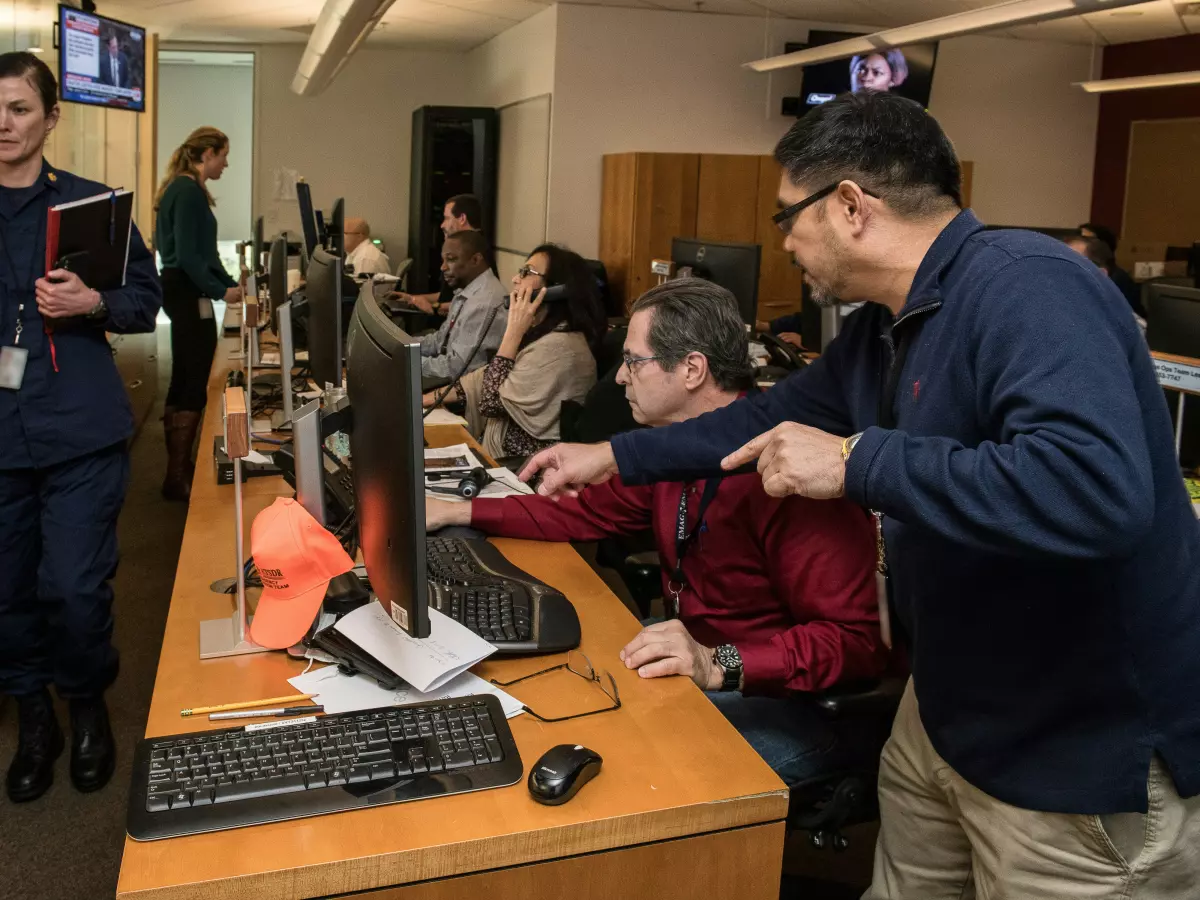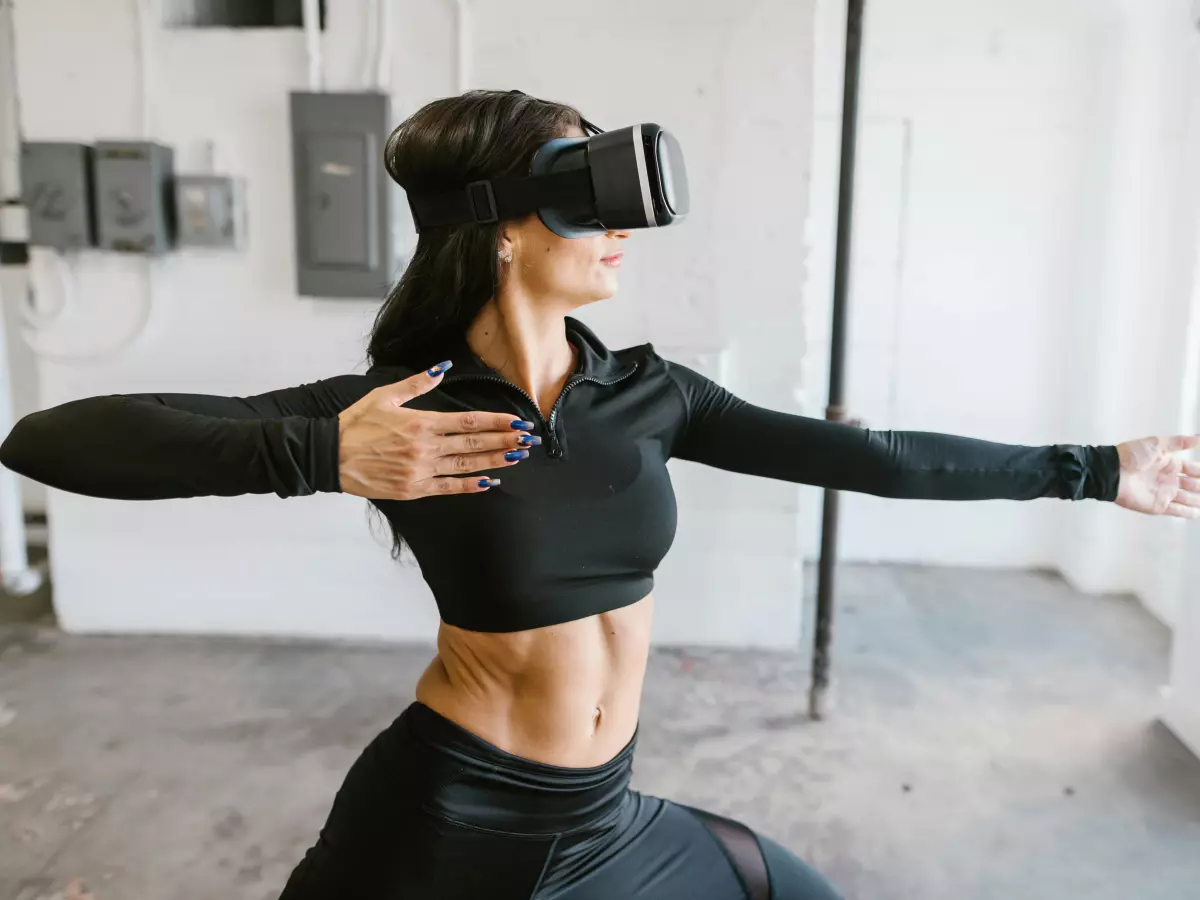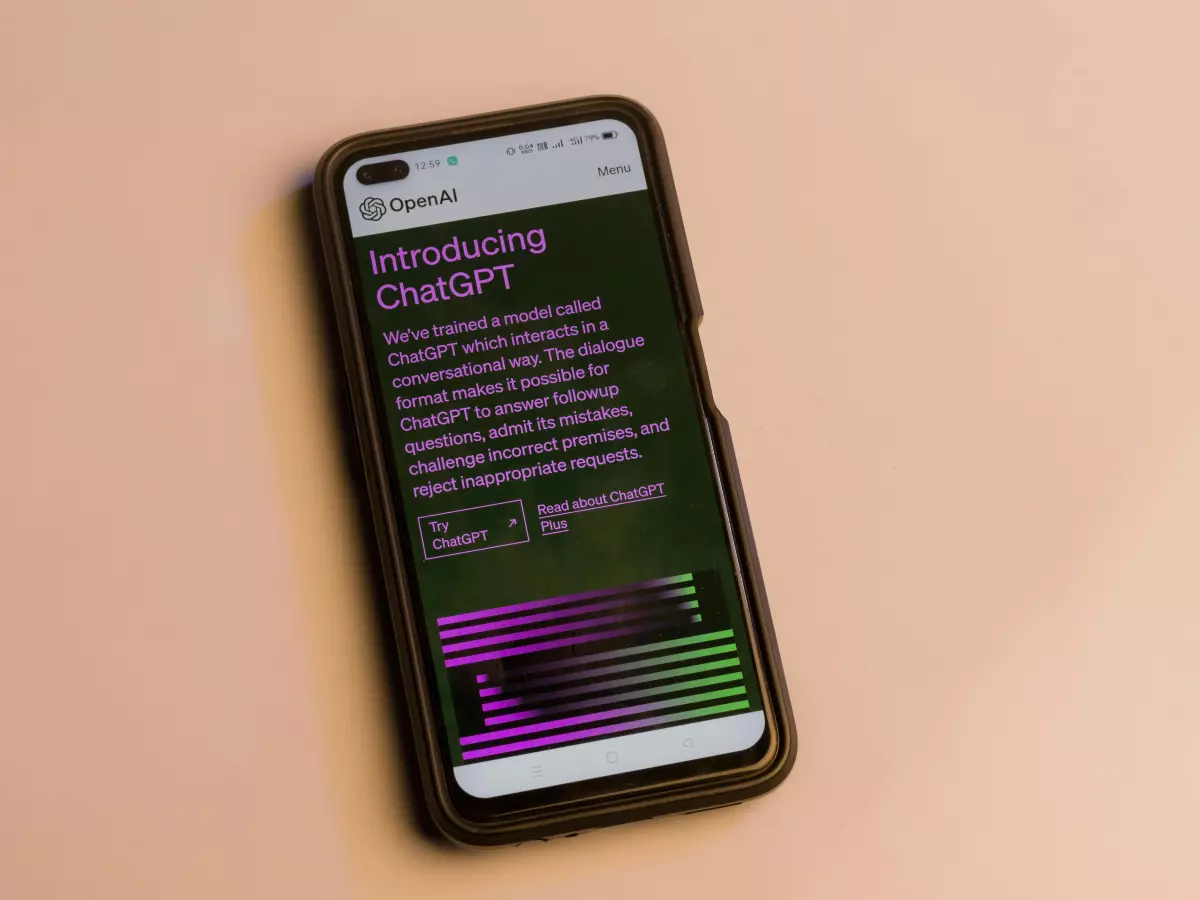AI in HR
Human Resources (HR) has always been a people-centric field, but in recent years, artificial intelligence (AI) has started to infiltrate this traditionally human-driven domain. From recruitment to employee engagement, AI is transforming the way businesses manage their workforce, making processes more efficient, data-driven, and scalable. But can AI really replace the human touch in HR, or is it just a tool to enhance what HR professionals already do?

By Kevin Lee
Let’s face it: hiring the right person for the job can feel like finding a needle in a haystack. The traditional recruitment process is often slow, biased, and labor-intensive. Enter AI. With the ability to sift through thousands of resumes in seconds, AI-powered recruitment tools are helping companies identify top talent faster than ever before. These algorithms can analyze a candidate’s skills, experience, and even personality traits based on their digital footprint, providing a more holistic view of their potential fit for a role.
But here’s where things get tricky. While AI can help streamline the hiring process, it’s not without its flaws. For one, AI systems are only as good as the data they’re trained on. If the data is biased, the algorithm will be too. This has led to some high-profile cases where AI recruitment tools have been found to favor certain demographics over others. So, while AI can help speed up the hiring process, it’s crucial for HR teams to ensure that these systems are fair and unbiased.
Beyond recruitment, AI is also making waves in employee engagement and retention. Gone are the days when HR teams had to rely on annual surveys to gauge employee satisfaction. Today, AI-powered platforms can analyze real-time data from emails, chat logs, and even social media to provide insights into employee morale and engagement. This allows HR teams to identify potential issues before they escalate, helping to reduce turnover and improve overall workplace culture.
But again, there’s a catch. While AI can provide valuable insights into employee behavior, it also raises concerns about privacy. Employees may feel uncomfortable knowing that their communications are being monitored, even if it’s for the sake of improving workplace culture. Companies need to strike a balance between leveraging AI for employee engagement and respecting their employees’ privacy.
AI is also playing a role in performance management. Traditional performance reviews are often subjective and prone to bias, but AI can help make the process more objective by analyzing data on employee performance, such as project completion rates, customer feedback, and even time spent on tasks. This data-driven approach can help HR teams identify top performers and provide more personalized development plans for employees.
However, as with recruitment, the effectiveness of AI in performance management depends on the quality of the data. If the data is incomplete or inaccurate, the AI system may provide misleading insights. This is why it’s essential for HR teams to work closely with AI developers to ensure that the data being used is accurate and representative.
So, what’s next for AI in HR? As AI continues to evolve, we can expect to see even more advanced applications in areas like workforce planning, diversity and inclusion, and employee wellness. For example, AI could be used to predict future workforce needs based on company growth and market trends, helping businesses stay ahead of the curve. Similarly, AI could help identify unconscious biases in hiring and promotion processes, promoting a more diverse and inclusive workplace.
In the realm of employee wellness, AI-powered chatbots are already being used to provide mental health support to employees, offering a confidential and accessible way for employees to seek help. As these technologies become more sophisticated, we can expect to see even more personalized and proactive approaches to employee wellness.
In conclusion, while AI is undoubtedly transforming the HR landscape, it’s important to remember that it’s not a replacement for the human touch. AI can help make HR processes more efficient and data-driven, but it’s up to HR professionals to ensure that these tools are used ethically and responsibly. After all, at the end of the day, HR is still about people, and no algorithm can replace the empathy and understanding that a human HR professional can provide.
As AI continues to evolve, the challenge for HR teams will be to find the right balance between leveraging technology and maintaining the human element that is so essential to their role. The future of HR is undoubtedly digital, but it’s also human.





